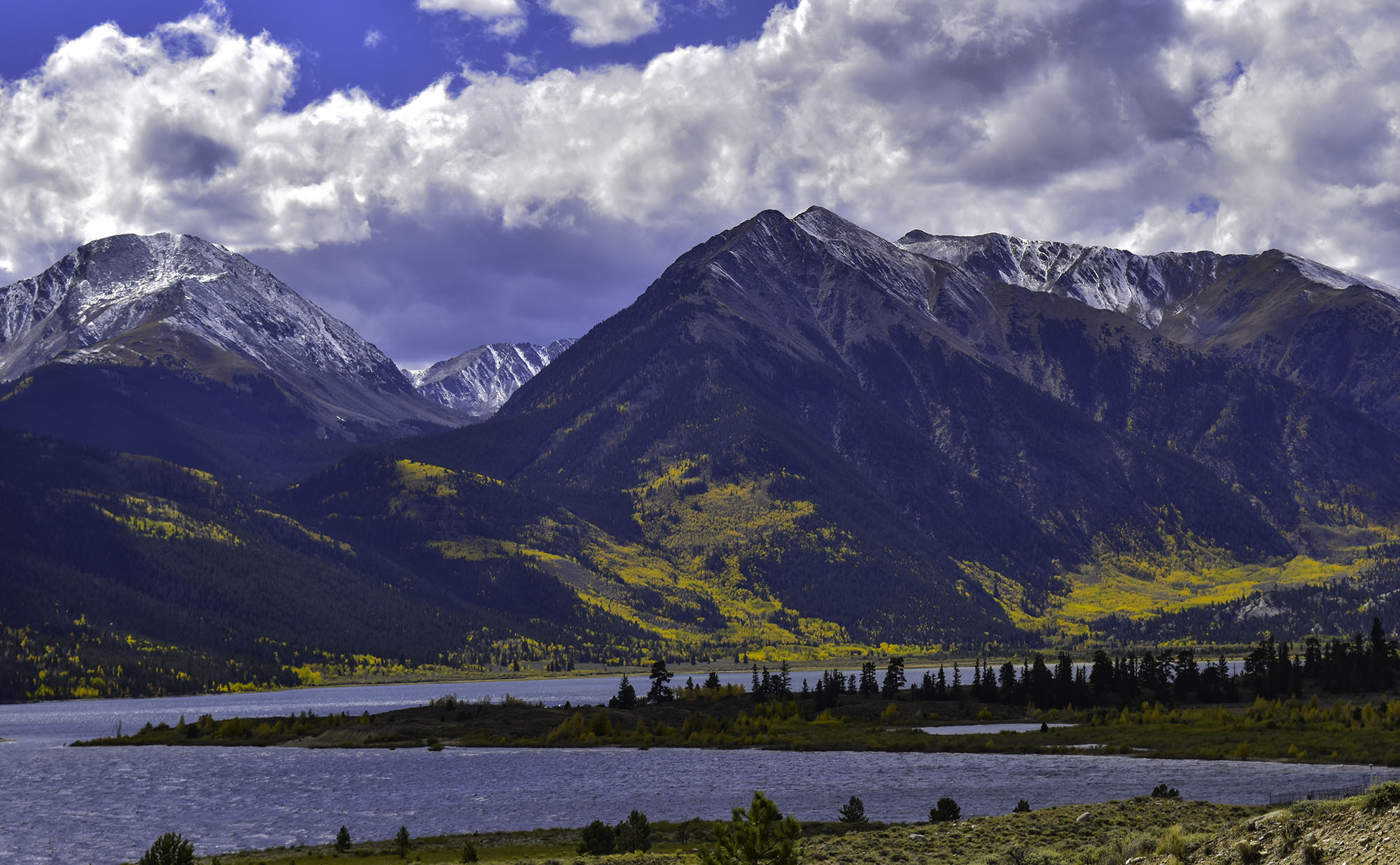As much as 23 percent of the water flowing through the Arkansas River in Colorado comes from the Colorado River Basin, making the Colorado River crisis a concern for local residents.
To address the crisis, six of the seven states that depend on the river for water are proposing changes to the Operating Guidelines for Glen Canyon Dam at Lake Powell and Hoover Dam at Lake Mead.
Colorado Water Conservation Board Director Becky Mitchell announced the proposal Monday; Mitchell represents Colorado on the Upper Colorado River Commission, which includes New Mexico, Utah and Wyoming.
The proposal requests that the Bureau of Reclamation “consider and analyze” several key points, including:
- Legally accounting for 1.5 million acre-feet of water loss in the Lower Basin (California, Arizona and Nevada), and
- Reductions in water releases to Lower Basin states based on water levels needed to avoid loss of electricity generation (“dead pool”) in lakes Mead and Powell.
Alluding to the 1.5 million acre-feet of water loss, Mitchell said the proposal “includes the significant and necessary step of assessing evaporation and transit losses against Lower Basin uses.”
In other words, water delivered to the Lower Basin states should be reduced by 1.5 million acre-feet per year to account for two sources of water loss: evaporation (from storage reservoirs) and a combination of seepage and evaporation while the water is flowing downstream, i.e., “in transit” to Lower Basin water users.
Arizona and Nevada joined the four Upper Basin states in submitting the proposal to the U.S. Bureau of Reclamation. California, the state that uses the most Colorado River water, is notably absent from the list.
The six states submitted their proposal as part of a Bureau of Reclamation environmental review process to address the river crisis by updating the Operating Guidelines, which have been in place since 2007.
“The challenge we continue to face is dry hydrology and depleted storage across the Colorado River Basin,” said Gene Shawcroft, Utah Colorado River Commissioner. He called the proposal “a path forward so that every state can contribute to finding a solution in close collaboration with our Tribes and water users.”
Mitchell concurred, “We can only save the Colorado River system if we act together,” and acknowledged the need for “additional actions in the Upper Basin.”








